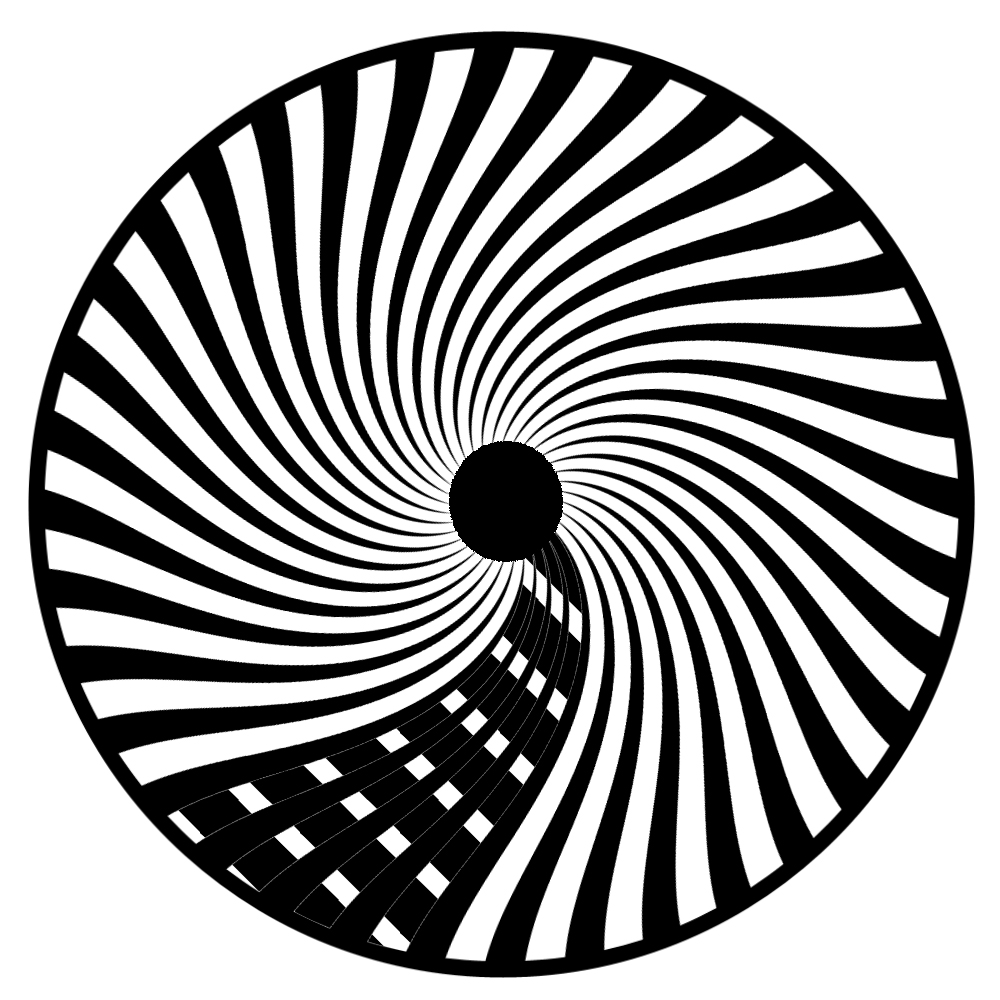Choosing the appropriate level of Sedation
Sedation Dentistry is often used for anxious patients so that they can get the care they need.
Level I Conscious Sedation can be used safely in the office, as we have the State Board Certification, Continuing Education, and the required Monitoring Equipment. Patients who require sedation must follow a few simple rules to receive their necessary sedation:
- Do not eat after midnight the night before surgery.
- Do not drink alcohol (the night) before nor (the day) immediately after the surgery.
- You may drink water.
- You MUST have a driver. You will not be able to drive after being given the sedation medicine.
- You should take all your normal medications, except for diabetics, who should forgo medicine that lowers blood sugar since you will not be eating.
- Wear flat soled shoes.
- Wear comfortable clothes.
- Do not text, call, or make any serious life decisions the day of surgery following sedation.
- Prepare by picking up any prescribed medicine ahead of the surgery.
- Plan ahead by getting soft, cool foods that will not impede your healing.
Often called laughing gas, nitrous oxide is a great way to relax while getting your dentistry done. This can be an effective modality for reducing anxiety.
The pros of nitrous oxide: it reduces anxiety, it helps patients relax, it causes vasodilation effectively lowering blood pressure, it has a long history of safe and effective use in the dental office. Also, after 5-minutes of oxygen at the end of the treatment visit, patients can safely drive themselves after the oxygen has displaced the nitrous oxide.
The only drawback to nitrous oxide is that some people occasionally feel sick, especially if it is turned up too high and this can make people nauseous. The good news is if the patient is communicating with the doctor, nitrous can be dialed in perfectly to affect relaxation without nausea in the vast majority of patients.
Local anesthetic is our most common form of nerve blocking to stop pain. We often use: 4% Articaine, 2% Lidocaine, 3% Mepivacaine, or 0.5% Bupivacaine. These are great tools for making dental work pain free. For most patients, after placing topical, and then applying local anesthetic, we can serve their dental needs with no additional sedation tools. Local anesthetic is probably the most critical piece of the puzzle as it relates to a good patient experience that is pain free.
